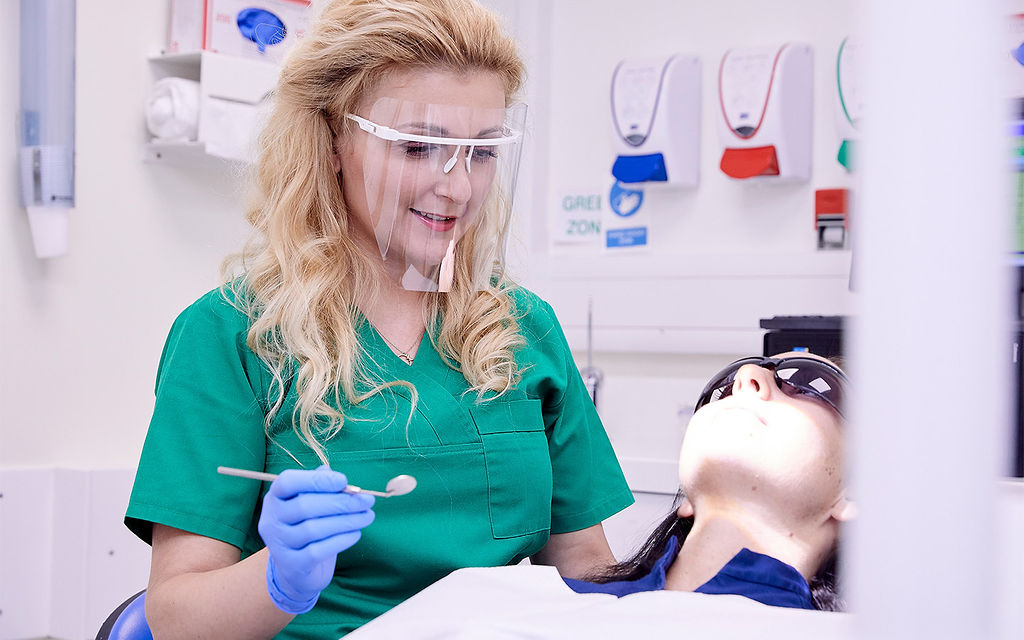Can veneers be permanent?
Porcelain veneers have become a popular treatment choice to improve your smile, with many people seeing them as a permanent solution to dental problems. Whilst veneers are long-lasting, especially if properly cared for, they are not in fact permanent, and will need replacing at some point in the future.
The treatment for having veneers is irreversible and requires your natural teeth to be filed down for the veneers to be attached. There are a variety of options you can undertake to extend the lifespan of your veneers. Primarily, make sure you visit the dentist at least twice a year. This way the dentist can inspect your veneers and make sure there are no underlying issues that may weaken them and cause early cracks or breaks.
From home, you need to have a daily oral health routine. This should involve flossing once a day and brushing your teeth at least twice a day (usually first thing in the morning, and last thing at night). Tooth decayThe lay term for carious lesions in a tooth; decomposition of tooth structure. is a possible reason why porcelain veneers can fail, as they are still attached to your tooth and if the tooth decays the veneerIn the construction of crowns or pontics, a layer of tooth-colored material usually, but not limited to, composite, porcelain, ceramic or acrylic resin, attached to the surface by direct fusion, cemen can be lost.
Finally, avoid hard or sticky foods as these can affect the longevity of the veneers. Porcelain is extremely strong; however, it can still crack if you apply too much pressure on it consistently or use your teeth to open bags or bite your nails. If you have stained or chipped your teeth and want to have veneers fitted or want further details about caring for veneers, please contact your dentist and arrange a consultation.
Book an appointment
